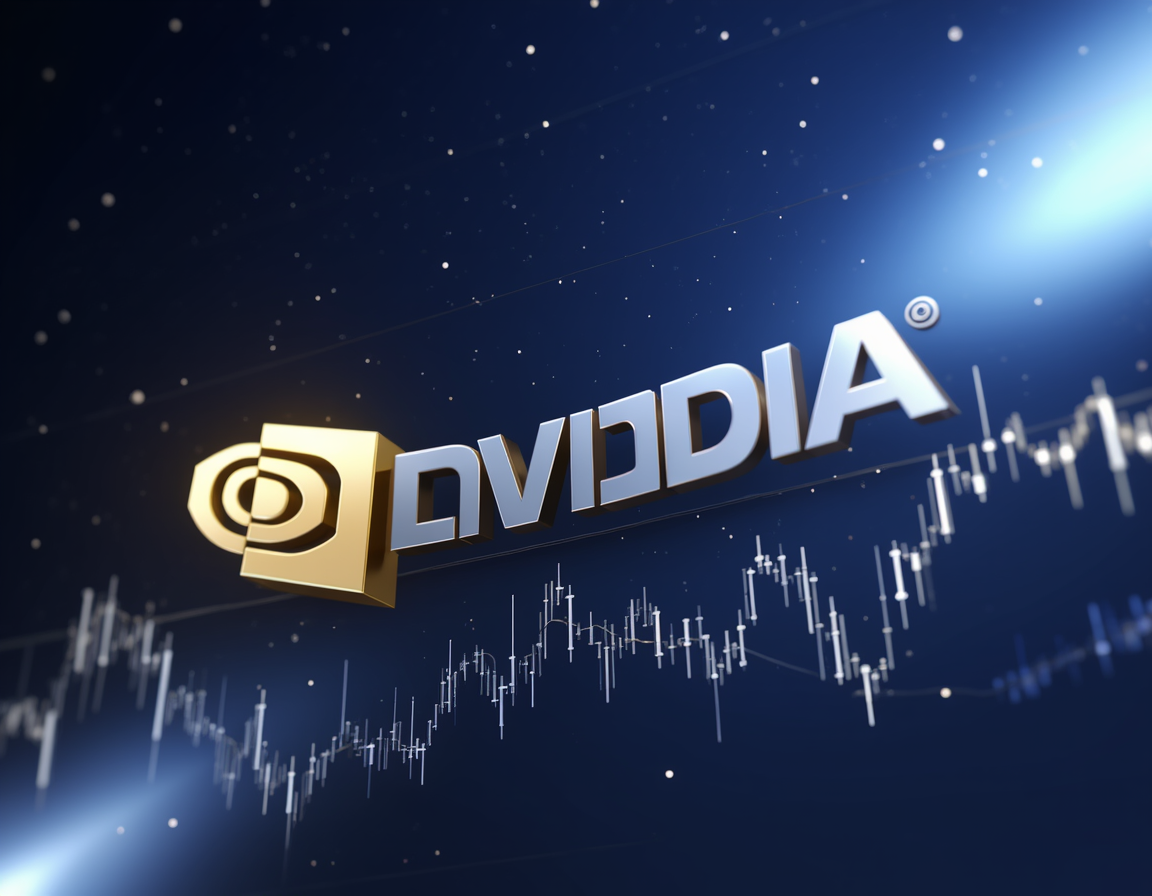From graphics card workshop to economic behemoth: The magical realism of Nvidia’s market value

When Nvidia’s market value (US$4.22 trillion) exceeds Japan’s GDP (US$4.17 trillion), this former gaming graphics card manufacturer has completed the craziest transformation in human business history. It’s like discovering that the pancake stand below your home is suddenly worth more than the entire Wanda Group—absurd with a certain metaphor for the times.
1. Three cognitive subversions behind numbers
-
The software-based survival of hardware companies: Nvidia's CUDA ecosystem is performing the contemporary drama of "everyone who sells shovels goes to dig gold mines". Its market value is 54 times PE (Microsoft is only 35 times), proving that the market has regarded it as an operating system supplier in the AI era, rather than a traditional chip manufacturer.
-
Computing power inflation phenomenon: Global AI computing power demand doubles every 3 months. This exponential growth has made the profit margin of NVIDIA H100 chips as high as 1,000%, comparable to the hugely profitable Spanish shipping route of gold from the Americas in the 16th century.
-
Transfer of national sovereignty: When the market value of a single company exceeds the economic size of the G7 countries, the traditional "too big to fail" regulatory logic is failing - we may need to invent new vocabulary to describe this "too important to exist" business singularity.
2. Jen-Hsun Huang’s Gambler’s Dialectic

The leather-clad CEO recently bet on humanoid robots, and their seemingly jumping movements actually have a hidden meaning:
- First principle: All AI eventually requires a physical carrier, and robots are the ultimate consumption scenario of computing power
- Anti-fragile design: Hedging the "digital ceiling effect" that AI chips may encounter through diversification
- Time arbitrage: Use the cash flow from the current AI bonus period to incubate the next technology cycle
But Wall Street seems to be suffering from "market capitalization PTSD" - when US$600 billion evaporated in a single day and set a record for the US stock market, people were shocked to realize that the valuation of this behemoth was based on such a fragile consensus.
3. The Achilles Heel with a market capitalization of 4 trillion
- Geopolitical Ankle: China accounts for 20% of revenue but faces the strictest export controls, like an athlete forced to do a high jump on one leg
- Technology Generational Risk: Quantum computing may turn traditional GPU architecture into a steam engine overnight (Is Moore’s Law dead?)
- Ecological Backlash: When Microsoft/Google develop their own AI chips, will Nvidia make the same mistake as Intel was subverted by ARM?
What’s interesting is that Huang Renxun’s move of sending 40,000 yuan in red envelopes to Chinese employees is less about welfare than anxiety about the talent war—in an era when the average tenure of engineers in Silicon Valley is only 1.8 years, he needs this Chinese team with a turnover rate of only 0.9% to serve as a technical Noah’s Ark.
The ultimate question: What exactly are we paying for?
When buying NVIDIA stock becomes like buying "options on the future world", it may be time to revisit the story of Cisco becoming the world's largest market capitalization in 1999. Investors today are essentially voting for two assumptions:
- AI will eat up all industries (not just optimize existing processes)
- Nvidia continues to monopolize critical paths (even as open source model collapses moat)
In this era of religious computing power, NVIDIA's market value may no longer be a financial indicator, but a thermometer to measure mankind's collective anxiety. Next time you see its stock price fluctuate, think about it: Are we investing in a business, or buying psychological placebo for an uncertain future?